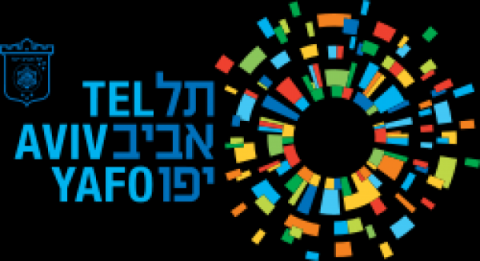Tel Aviv Tops List of Most Religiously Tolerant Cities in Israel
Considering that Tel Aviv has long been hailed as Israel’s secular capital, this year’s ranking was less surprising than last year’s. This is the second time that this ranking of 24 cities – conducted by Israel Hofsheet (Be Free Israel), a nonprofit that promotes religious freedom and pluralism – is being published.
Among the key factors that accounted for Tel Aviv’s rise to top spot was its recent introduction of free public bus lines on Shabbat. Tel Aviv was one of several cities in central Israel to introduce this service last month. The reason it is being provided at no cost is that if the city were to charge passengers, it would require a special permit from the Transportation Ministry, which would in all likelihood not be granted.
Another reason for Tel Aviv’s upgrade this year was its decision to bar Orthodox outreach organizations from entering public schools that fall under its jurisdiction. Many public schools in other parts of the country continue to rely on such organizations for free enrichment classes in Judaism.
Other indicators taken into account in determining the ranking were whether options for nonreligious burial exist in each city, whether shops are open on Shabbat, whether gender separation and exclusion is tolerated, and whether the local LGBTQ community and non-Orthodox congregations receive municipal support and funding.
Modi’in topped the list last year because, unlike Tel Aviv, it offers its residents the option for nonreligious burial. In addition, it is the only city in the ranking that has no independent religious council operating within its perimeters. Instead, religious services are provided directly by the municipality.
At the bottom of the ranking this year – no change from last year – was Bnei Brak, an ultra-Orthodox city just outside Tel Aviv. The city that moved up the most notches in the 2019 ranking was Ramat Gan, among the first to introduce free public bus lines on Shabbat this year. Like Tel Aviv, Ramat Gan has also started cracking down on Orthodox outreach organizations active in its public schools. The 2018 ranking was published a few weeks before the last municipal election, and much of the improvement in Ramat Gan’s placement on the list has been attributed to its new progressive-minded mayor.
By contrast, Haifa – a mixed Jewish-Arab city long regarded as a bastion of tolerance and coexistence – dropped significantly in the ranking, as did Jerusalem. Among the reasons for Haifa’s downgrade was the hostile attitude taken by the new mayor to the local LGBTQ community. Jerusalem fell down the list because of the city’s growing disinclination to accommodate nonreligious residents.
Responding to the findings, Uri Keidar, executive director of Israel Hofsheet, said: “This municipal ranking proves what we have already been feeling – that mayors have a dramatic influence on many diverse issues pertaining to religion and state. Some of them choose to show leadership and make change, while others will apparently require some nudging from their residents to understand that what was, will no longer be. Gone are the days when municipal officials could hide behind statements about their inability to lead because of this government or another that doesn’t allow them to.”
A report that accompanied the ranking noted that more Pride events were held in Israeli cities in 2019 than in any previous year, though not all of them benefited from municipal funding. It also pointed out with satisfaction that four municipal swimming pools in the country had this year eliminated special discounts available for separate swimming sessions. These discounts are often seen as a way of encouraging the separation of men and women in swimming pools.
Judy Maltz

